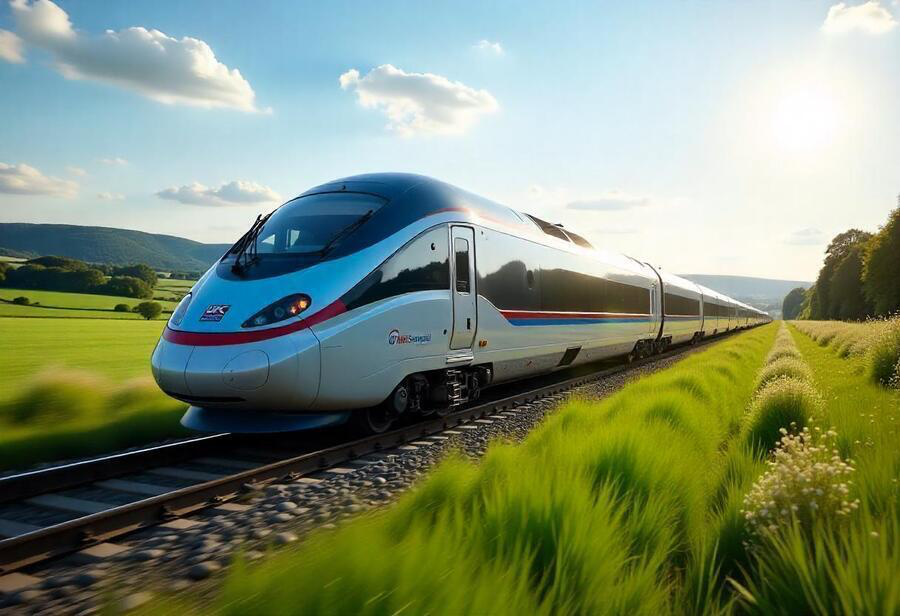The demand for international rail travel from the UK is expected to see remarkable growth over the next 15 years, with projections forecasting an increase from 11 million to 35 million passengers annually, assuming additional capacity is introduced. This outlook is based on recent research commissioned by a leading high-speed rail operator in the UK.
The study suggests that as competition grows on the HS1 line, which connects London to the Channel Tunnel, the expansion could lead to a reduction in ticket prices by as much as 30 percent, benefiting consumers and boosting demand.
According to the modelling, there is potential for as many as 18 additional daily services to be added to existing routes. The surge in demand could also justify the launch of new routes to up to five destinations across western Europe, further enhancing the network’s reach.
This research follows the announcement of financial incentives aimed at encouraging both established and new rail operators to boost their services on the HS1 line. The line is currently operating at just 50 percent of its capacity, with Eurostar as the sole operator. However, a recent feasibility study conducted by the UK’s rail regulatory body has paved the way for increased competition on the cross-Channel route. Another rail company has expressed interest in operating services between London and Paris, joining others looking to enter the market.
Eligible operators who qualify for the HS1 incentive program will benefit from reduced fees on the Investment Recovery Charge, a payment required for running services on the route, along with additional rewards for increasing passenger volumes.
To accommodate the expected rise in passenger numbers, St Pancras station plans to significantly enhance its international passenger capacity, aiming to handle up to 5,000 passengers per hour, more than double its current capacity.
In addition, a newly signed agreement with the Channel Tunnel operator will reduce travel times, improve scheduling coordination, and further incentivize the expansion of services and routes. This multi-faceted approach is designed to improve the overall capacity and efficiency of the UK’s international rail services to meet the growing demand for cross-border travel.
